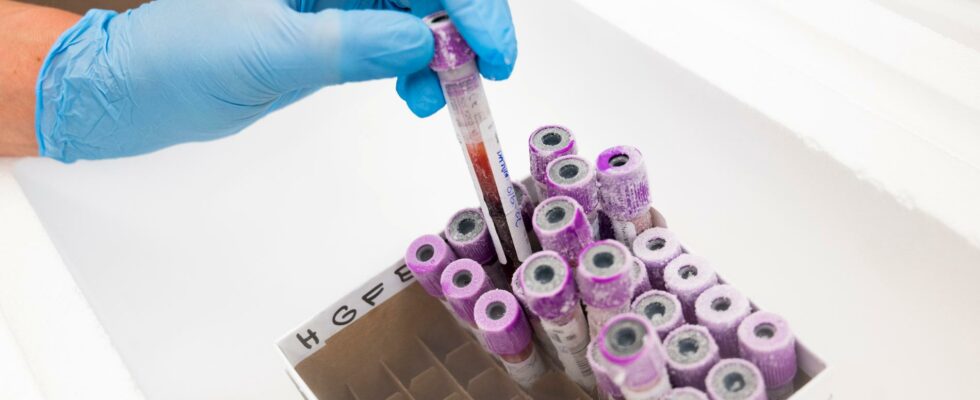unsaveSave
expand-left
full screen Initially, the genetic mapping of childhood cancers in Sweden was done in project form. But since May 1 this year, it is done as a matter of routine and the regions themselves bear the costs. Archive image. Photo: Henrik Montgomery/TT
Tailored medicine helps more children with cancer. A new study provides increased support for gene analyzes of childhood cancer – something that is already being done in Sweden.
– The study shows that precision medicine has an effect on the survival of children with difficult-to-treat cancer, says David Gisselsson Nord, professor of pathology at Lund University, who works with and conducts research on precision medicine.
In Sweden today, genetic mapping is done as standard when investigating childhood cancer. The aim is to treat the cancer based on the genetic abnormalities it has rather than where it is in the body or how it looks under the microscope.
It is called tailored medicine or precision medicine. It is hoped that the treatments will be more accurate and lead to fewer side effects compared to chemotherapy, for example.
Cancer returned
Now researchers in Australia have published the largest study to date on the effects of using precision medicine in childhood cancer. The researchers saw that 55 percent of 384 children who received a tailored treatment had a regression or a stabilization of the cancer for at least six months.
The study involved children who have a severe form of cancer and who have not been helped by previous treatments. In Sweden, a genetic analysis is made of all childhood cancers and it concerns approximately 300 children a year. So far, the analyzes have led to at least seven percent having their treatment changed based on the tumor’s genetic profile.
– But we have not yet been able to show that it has an effect on survival because we have not lasted that long, says David Gisselsson Nord.
More medicines
But now the Australian study shows that the children who received a tailored treatment were twice as likely to live for two years without the cancer worsening compared to children who received standard treatment.
As more target-directed drugs are developed, the options for patients with cancer will increase, says David Gisselsson Nord. Even the forms of cancer for which there are effective treatments today may eventually switch to being treated with precision medicine.
– The hope is that it will lead to fewer side effects, not least those that can persist several years after the treatment, he says.
Initially, the genetic mapping of childhood cancers in Sweden was done in project form. But since May 1 this year, it is done as a matter of routine and the regions themselves bear the costs.
